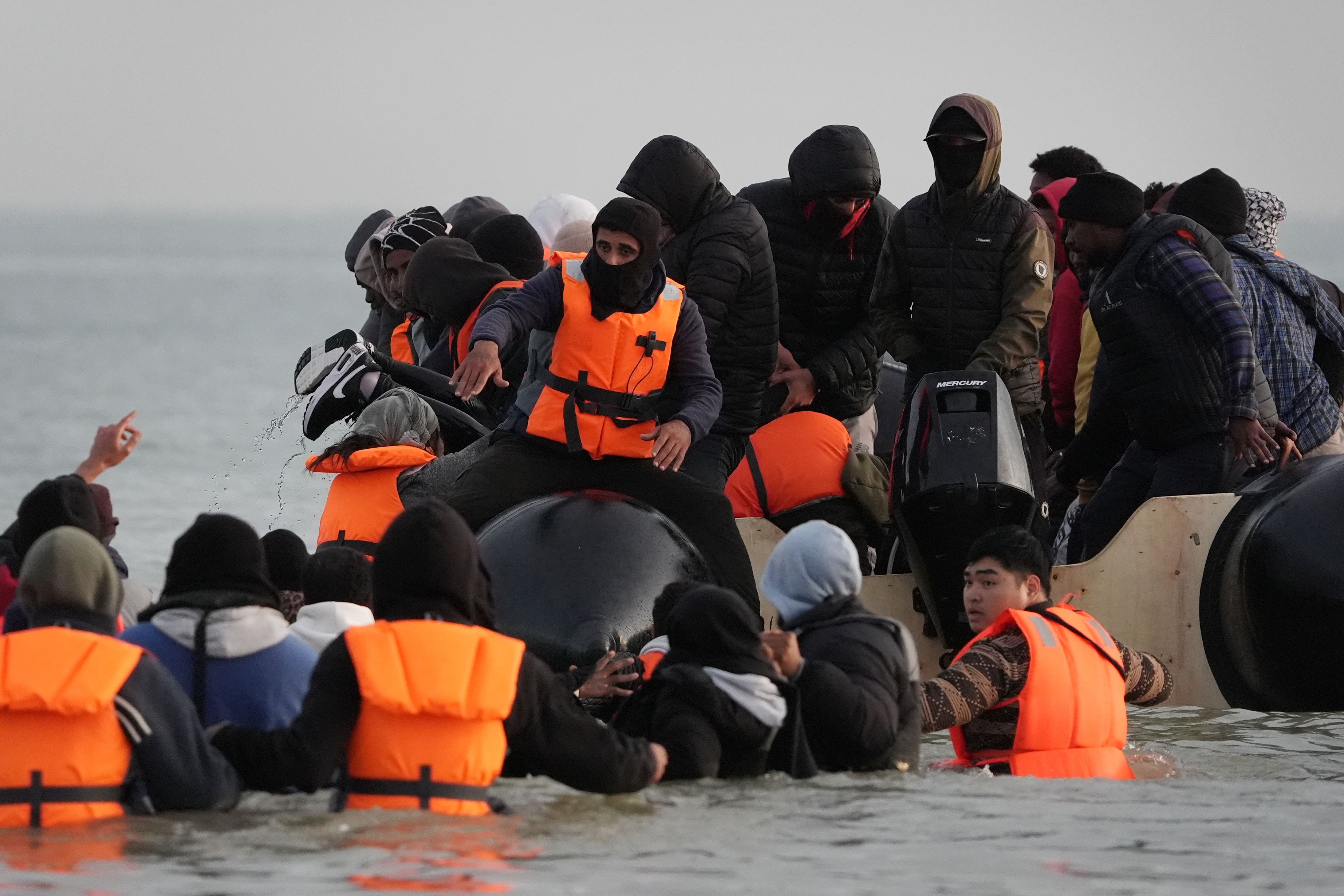
Weather or Excuse? The Truth Behind Small Boat Crossings Surge
Today, let’s talk about something that's sparked intense political debate and public concern—record numbers of small boat crossings across the English Channel, and the government's controversial explanation for it: the weather.
Yes, you heard that right. According to recent data released by the Home Office, a significant rise in what's called “red days”—those with weather conditions favorable for small boat crossings—has been cited as a major reason for the surge. In fact, there were 190 red days recorded in the 12 months leading up to April 2025, an 80% increase compared to the previous year. The government has implied that this weather window allowed smugglers to push more migrants onto boats and send them across the Channel.
Now, while it’s true that calm seas and low winds make the journey less perilous, is it really fair—or accurate—to put the bulk of the blame on Mother Nature?
Also Read:
- Denzel Washington’s Advice That Shaped Michael B. Jordan’s Stardom
- Linda Evangelista’s Proud Mom Moment Steals the Spotlight at Son’s Graduation
Let’s be real. Yes, the weather is a factor—it determines when crossings are possible. But it doesn't explain why they are happening in record numbers. Smuggling gangs are more organized than ever. According to figures, almost 15,000 people have already crossed in small boats this year, with a staggering 1,200 in a single day. Overcrowding is getting worse too, with some boats carrying over 80 people—more than double the previous norm.
The real issue here is deeper. These migrants are making life-altering decisions. A few stormy days won’t deter them—they’ll wait for the next break in the weather. What’s driving them is desperation, the promise of safety, opportunity, and hope in the UK. And the smugglers? They’ve adapted, they’ve become more aggressive and efficient, packing more people into increasingly unsafe boats.
The government insists it is regaining control of a “broken asylum system” with counter-terror-style powers and international efforts to stop smugglers. They claim to have prevented 9,000 crossings from the French side already. But numbers show otherwise. Fewer boats, but more people per boat—meaning, despite interventions, the problem isn’t shrinking, it's evolving.
So the question we should really be asking is not whether the weather is a factor—but whether it’s being used as a convenient shield to deflect from systemic failures in border control, asylum processing, and international cooperation.
Weather may guide the tides, but it doesn’t steer policy. People cross borders because they believe staying where they are is no longer an option. Until we confront the full scope of that truth, no amount of finger-pointing at forecasts will stop those crossings.
Read More:



0 Comments